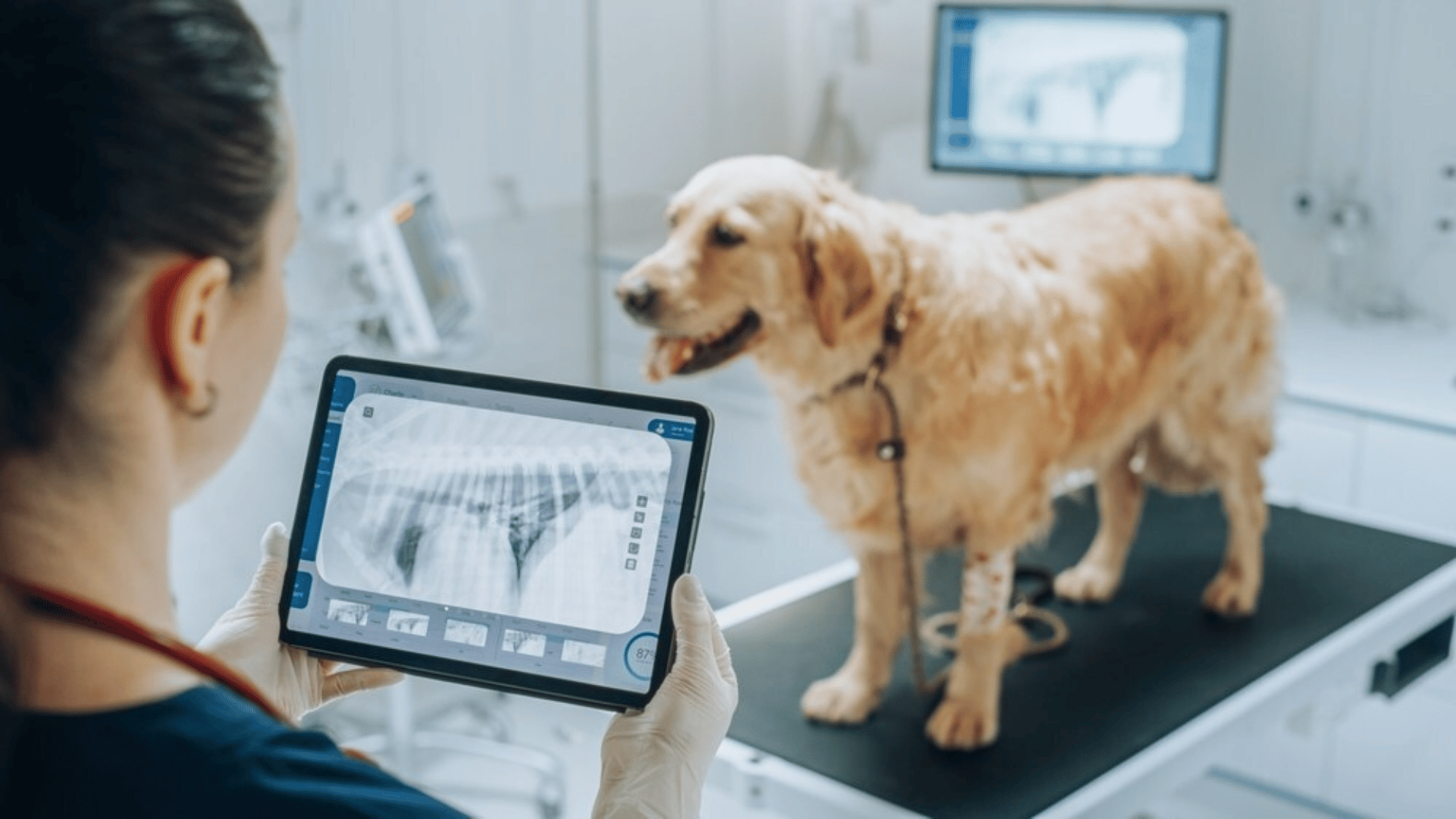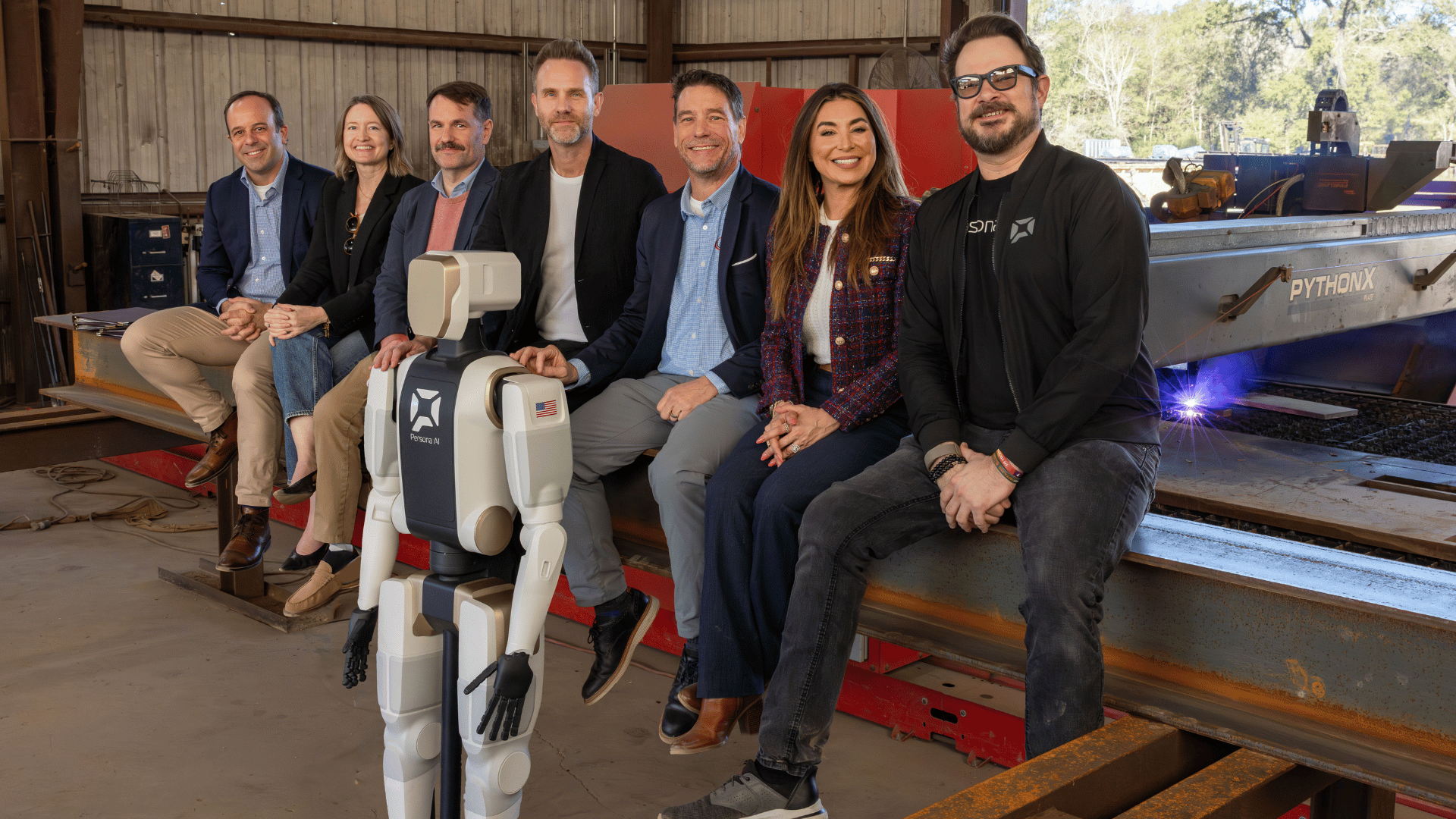Veterinarians are increasingly using artificial intelligence (AI) to enhance pet care, according to the American Veterinary Medical Association (AVMA). AI tools are already improving diagnostic speed and accuracy, forecasting chronic diseases, and personalizing treatments—such as matching dogs with lymphoma to the most effective medications. These technologies also assist veterinary staff by streamlining administrative tasks and analyzing client feedback to improve service.
How Veterinarians are Using AI to Improve Care for Pets, According to the AVMA
SCHAUMBURG, Ill., July 21, 2025 /PRNewswire/ — Industries across the board are exploring how artificial intelligence may impact and enhance their work, and veterinary medicine is no exception. According to the American Veterinary Medical Association (AVMA), AI tools are already helping detect illnesses earlier and empowering veterinary teams to improve the care experience for pets and their owners.

AVMA President Dr. Michael Bailey, a board-certified radiologist, describes ways that AI and other technologies are making a difference right now. “AI-powered radiography tools are improving diagnostic speed and accuracy, allowing for quicker and more effective treatment of animals. Other tools are helping forecast chronic diseases such as arthritis and diabetes before symptoms appear, giving us more time to prepare to treat and prevent conditions.”
For example, personalized cancer treatments are being developed for dogs with lymphoma using AI models that match individual animals to the most effective medications. Another tech tool can forecast chronic diseases like feline kidney disease before symptoms appear, and others can help analyze diagnostic images to detect tumors, fractures, and other conditions with accuracy.
New technologies also are helping veterinary technicians and assistants work more efficiently by reducing workloads through automated administrative record keeping and streamlined training — helping them grow as professionals. AI tools also can help practices by analyzing feedback and reviews to detect shifts in client sentiment — helping teams respond more quickly to deliver a higher standard of care.
While technology can help improve diagnoses and outcomes, including reducing stress on veterinary teams, the AVMA knows that the use of AI requires trust, transparency, and strong veterinary leadership and oversight. The AVMA is building awareness around emerging technologies, while ensuring they are not replacements for a veterinarian’s expertise, compassion, and judgment. Veterinary professionals remain at the center of curating and interpreting data that is clinically relevant and ethically sourced.
According to the AVMA, the most meaningful aspect of veterinary medicine is personalized treatment and care for both pets and their owners. “Perhaps the most powerful way advanced technologies empower veterinarians is to give us more time to do so. But, as with any new technology, always keep a human in the loop to maintain the best pet health care,” said Bailey.
SOURCE American Veterinary Medical Association







